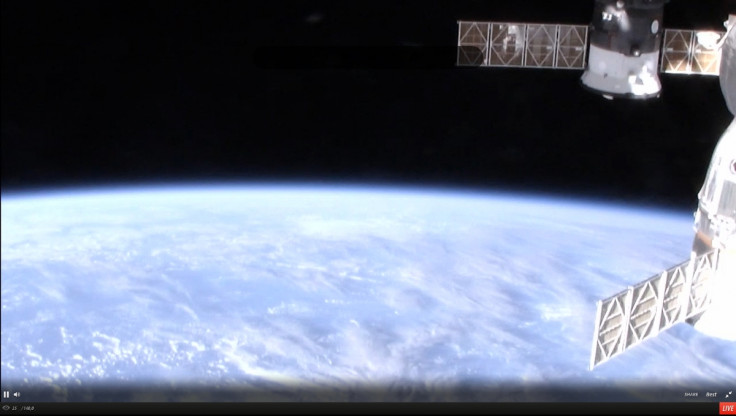The Intergalactic Tug of War that has Sent US-Russian Relations Crashing Down to Earth

The Russian deputy prime minister has announced that he will ban the US from using Russian rocket engines for military launches, just days after a US court lifted a ban on the purchase of such goods.
Dmitry Rogozin has also said that Russia would not prolong its use of the International Space Station beyond 2020 and that US GPS stations will not be permitted to operate in Russia past 1 June.
The GPS ban comes in response to US refusal to allow Russia to place signal correction technology on US soil.
In short, bilateral relations have sunk to their lowest levels since the end of the Cold War, with the cosmos providing the latest unlikely battleground over recent weeks.
Even in April, the US was launching spy satellites into orbit using Russian technology – an irony that wasn't lost on many in the US media.
In late April, however, the US banned the import of RD-180 engine, which are used by United Launch Alliance – a joint venture between Lockheed Martin and Boeing – in the launch of the Atlas V rocket, which in turn helps launch military satellites.
The engine manufacturer Energomash comes within the remit of Rogozin, who oversees Russia's space and defence industries.
Last week, however, the US Federal Claims Court lifted the embargo after finding that the engines were not in contravention of any sanctions – despite the previous individual sanctioning of Rogozin, as a member of Vladimir Putin's inner circle.
The original injunction came on the back of a complaint by SpaceX, the US space exploration company – actions that were subsequently criticised by the ULA as being "self-serving and irresponsible".
The US uses the RD-180 engine to launch the first stage of its Atlas V rocket, produced by ULA. It's thought that SpaceX, owned by Elon Musk, the multi-billionaire founder of Paypal and Tesla Motors, is unhappy at the perceived monopoly ULA has on the supply contract.
It's believed that ULA has enough RD-180s to continue to launch Atlas V's for the next two years, however if it is to continue to do so in the long-term it would need to develop a replacement engine, which Marco Caceres, director of Space Studies at the Teal Corporation, a US research agency, tells IBTimes UK could cost the military up to $1bn.
"The real winner in all of this is SpaceX," says Caceres, who explains that the US airforce will now be encouraged to look at alternative options to the Atlas V, including SpaceX's Falcon 9 rocket.
He continues: "From a business standpoint it's a silly move as they make money from the sale of the engine. On the other hand, from a pride standpoint, it doesn't surprise me that Putin would stop selling the engine altogether, in a way saying to the US: 'see how you like that'."
Rogozin has clearly grown tired of the US indecision over its intergalactic relationship with Russia, with Russia's withdrawal from the International Space Station programme representing one of the most symbolic blows to US-American relations for decades.
The US goal was to continue operating the space station until 2024, with the latest announcement from Moscow suggesting that it will have to do so alone.
© Copyright IBTimes 2025. All rights reserved.






















